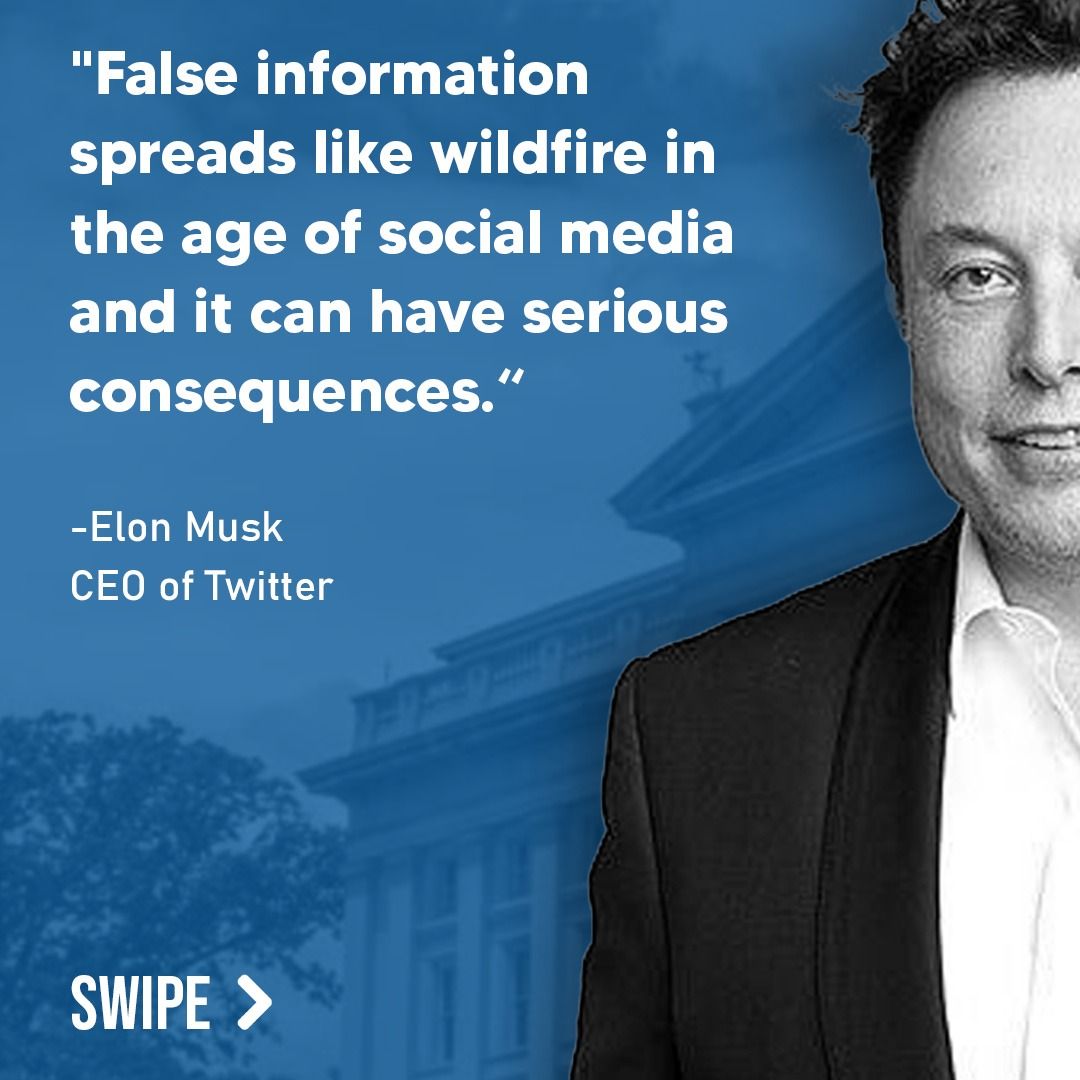
Fact-Check Analysis
Introduction
The CNBC article claims that inflation slowed to 2.8% in February 2025, bringing some relief to consumers. However, users have expressed concern that despite this reported decline, essential costs such as food, shelter, and vehicle insurance continue to rise. This fact-check investigates whether the article accurately represents the economic reality or omits crucial context.
Historical Context
Inflation has been a central economic concern in the United States in recent years. The Federal Reserve has implemented strategies like interest rate adjustments to control inflation, while geopolitical factors and trade policies have contributed to price fluctuations. Historically, inflation headlines focus on the overall index, but individual expenses like rent, groceries, and insurance tend to move independently, influencing how inflation feels to consumers.

Fact-Checking Specific Claims
Claim #1: “Inflation slowed to 2.8% in February 2025.”
The article accurately cites government data showing that the Consumer Price Index (CPI) rose at a lower pace than expected, with a 2.8% annual increase. This aligns with data from the Bureau of Labor Statistics (BLS). However, core inflation, which excludes volatile food and energy prices, remains at 3.1%. While the statement is technically true, it is important to note that core inflation is still above the Federal Reserve’s 2% target.
Claim #2: “Shelter costs moved up 0.3%, with an annual increase of 4.2%, the smallest since December 2021.”
While the article correctly states that shelter inflation is increasing at a slower pace, it fails to acknowledge that a 4.2% annual rise in housing costs is still significantly above headline inflation. Considering that shelter comprises about one-third of the CPI, its rising costs continue to strain household budgets despite slower overall inflation.

Claim #3: “Food prices increased by 0.2%, with egg prices soaring another 10.4%.”
The report correctly identifies price trends but does not provide adequate context regarding food price volatility. Eggs, for example, have experienced extreme fluctuations over the past two years due to supply chain issues and avian flu outbreaks. While the 10.4% increase is accurate, presenting it without context can create undue alarm. Similarly, the broader measure of food price inflation remains high, contributing to concerns about affordability.
Claim #4: “Vehicle insurance costs increased by 11.1% annually.”
This statement is accurate according to BLS data. Rising vehicle insurance premiums are largely attributed to higher car repair costs, increased claims, and labor shortages in the automotive industry. While the article mentions this increase, it does not explore the root causes, leaving readers without a full understanding of why insurance costs remain high despite slowing overall inflation.

Conclusion
While the CNBC article correctly reports that inflation slowed to 2.8% in February, it lacks sufficient context regarding critical expenses like shelter, food, and vehicle insurance. Although overall inflation is easing, essential costs continue to rise at rates that impact consumers more directly than the headline CPI suggests. The framing of the article may lead readers to believe that inflationary pressures have largely subsided when, in reality, specific cost-of-living factors remain a major challenge.
Encourage Readers to Take Action
Want to make fact-checking easier? Download the DBUNK app today and ensure the news you’re reading is accurate and unbiased.


